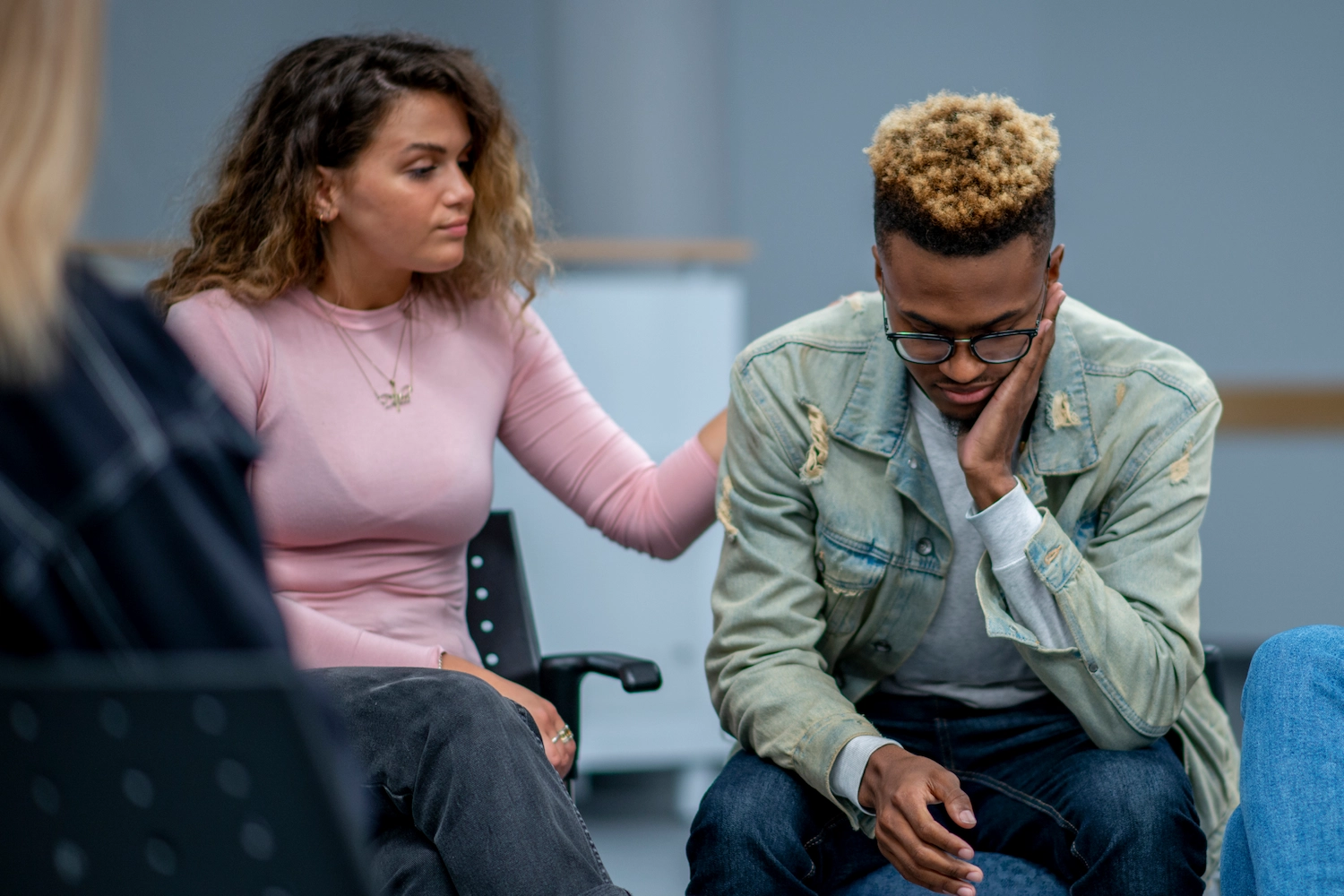Being a caregiver for a family member or loved one is incredibly meaningful, but it can also be stressful and impact other areas of your life, like your relationship with your partner. If caring for someone outside your immediate family, it can mean time away from your partner, children and responsibilities at home, shifting your partner’s role and responsibilities. Experiencing high levels of stress from caregiving can change the way you show up for your partner and family, as well as cause feelings of losing your self-identity, fatigue and exhaustion.
You’re not alone. In the US:
- 43% of adults are taking on the role of unpaid caregiver for a relative.
- 23% of adults are ‘sandwich generation’ caregivers, juggling care for their children and their parents.
- 70% of caregivers experience depression, anxiety or suicidal ideation.
Source: Archangels
It’s hard caring for others while caring for yourself and your relationship. Consider these tips:
Prioritize time for yourself
Set aside time for activities that reduce your stress levels, like exercise, meditation or being in nature. If that seems overwhelming, try 10-minute breaks throughout the day for yourself, small breaks can make a big impact.
Communicate
Ask your partner about their life and how they are doing. Express appreciation for things your partner does that are supportive, and communicate your needs and how they can support you.
Prioritize time together
Set aside a regular time to spend time with your partner; whether that’s going for a hike, cooking dinner together, or watching a favorite TV show. Plan ahead and find someone to fill in, like a relative, friend or home health aide. By having a plan in place and a scheduled time blocked off, you’ll be better suited to relax and enjoy your time together.
It doesn’t have to be perfect
Caring for others is hard on everyone involved, and there will be moments that don’t go as planned. Things are rarely perfect; remember that when you have the support of your partner, sometimes being ‘good enough’ is good enough.
Talk to someone
You may benefit from speaking with a therapist who can provide professional insights and strategies to help you and your partner. At Doctor On Demand, we have licensed therapists who specialize in relationship issues, loss and grief, and parenting.
You will be able to give your best care when you are balanced and feeling your best. Taking time to consider these tips and how you can incorporate self-care into your routine is a great first step.
About the author

Dr. Nikole Benders-Hadi is a board-certified adult psychiatrist who passionately believes access to mental health treatment should be available to everyone. She completed her undergraduate education at Johns Hopkins University, followed by medical school and residency training at New York University School of Medicine. She then completed a fellowship in Public Psychiatry at Columbia University. She has also done research on women’s mental health issues. Her approach to treatment is patient-centered and recovery-focused, dedicated to reducing mental health stigma and providing treatments that help patients maintain the quality of life they deserve.



